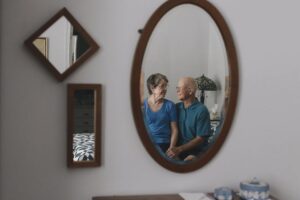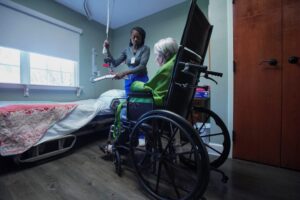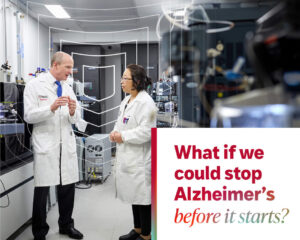Jin-Moo Lee, MD, PhD, head of the WashU Medicine Department of Neurology, and Eric Leuthardt, MD, MBA, vice chair of innovation in the Department of Neurosurgery, have been selected as recipients of the prestigious Falk Catalyst Award. Each year, select institutions are invited to submit up to two applications to the Dr. Ralph and Marian […]
Lee, Leuthardt awarded Falk Catalyst grant to fund acute stroke clinical trial









